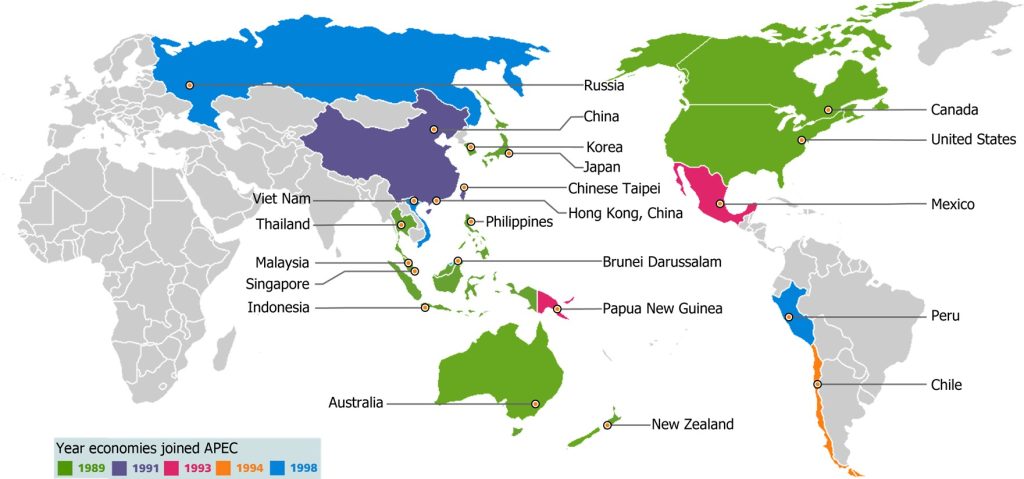2024 Highlight
- APEC STI Strategic Foresight Workshop 2024 : Net-zero Emissions
APEC was established in 1989 in response to the growing interdependence among Asia-Pacific economies. APEC promotes open trade and practical economic cooperation amongst its members. In APEC terminology, members are referred to as “economies” and not as “countries”.
APEC operates through numerous working groups and task forces tasked with overseeing various projects, with their findings ultimately presented at the annual meetings of ministers and APEC leaders. Occasionally, meetings involving other high-level officials, such as Science Ministers, also occur.
Among these working groups is the Policy Partnership on Science, Technology, and Innovation (PPSTI), which plays a pivotal role within APEC. PPSTI’s objective is to foster cooperation in science and technology and provide effective policy recommendations in these areas by facilitating collaboration among governments, academia, private sectors, and other APEC forums.
Originally established as the Industrial Science and Technology Working Group (ISTWG) in 2012, PPSTI underwent a transformation to broaden its scope to include innovation policy development and to enhance collaboration among governments, businesses, and academia. This change led to the endorsement of a new terms of reference outlining PPSTI’s mandate and objectives.
Asia-Pacific Economic Cooperation (APEC)‘s member economies are located on a map below.

The APEC Center for Technology Foresight (APEC CTF), established in 1998, initially operated as a project of the ISTWG within APEC before transitioning to the PPSTI. Supported by the Thai government, the Center is currently housed under the Office of the National Higher Education Science Research and Innovation Policy Council (NXPO).
While its inception was modest, over the past decade, the Center has evolved its approach to address various topics deemed crucial to the APEC region, including water, energy, and emerging diseases. Projects undertaken by the Center have grown in complexity, necessitating the involvement of a diverse array of experts from different backgrounds. This shift reflects the recognition of the need for convergence of technologies and knowledge systems to achieve common goals.
Timeline
Mah Moh Foresight
Innovation Futures in APEC: Competitiveness and Grand Challenges
Integrated Foresight for Sustainable Economic Development and Eco-Resilience in ASEAN Countries
Technology Roadmap for Plastic and Furniture Industries